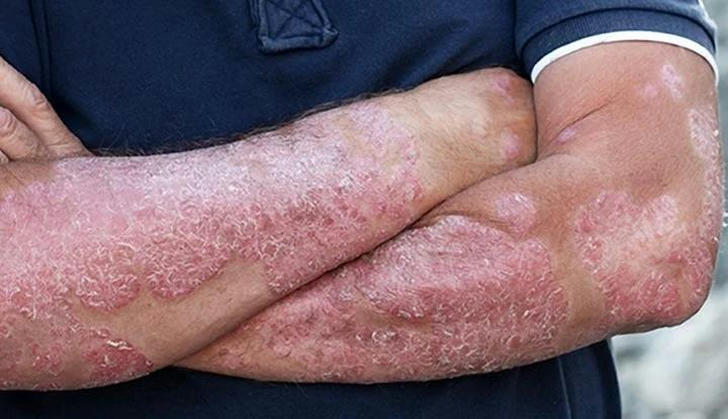Effective Home Treatments for Psoriasis
Understanding Psoriasis: Causes and Symptoms
Psoriasis is an autoimmune condition in which the immune system erroneously attacks healthy skin cells, leading to accelerated skin cell turnover. This causes thick, red patches covered with silvery scales. These patches can appear anywhere on the body but are most commonly found on the elbows, knees, scalp, and lower back. The severity of psoriasis varies, ranging from mild irritation to large, painful outbreaks that can significantly impact daily life.

Identifying the causes and triggers of psoriasis is essential for effective management. Psoriasis can be triggered or worsened by a combination of genetic, environmental, and immune system factors. Genetics play a significant role, as psoriasis tends to run in families, meaning those with a family history are more likely to develop it. The immune system's overactivity leads to the rapid production of skin cells, causing the buildup of scaly patches. Environmental triggers, such as cold weather, smoking, and heavy alcohol consumption, can cause flare-ups. Infections, both bacterial and viral, are also common triggers. Stress is another significant factor, often causing the onset or worsening of symptoms. Additionally, certain medications—such as lithium, beta-blockers, and antimalarial drugs—can provoke psoriasis flare-ups.
The symptoms of psoriasis can vary depending on the type and severity of the condition. Common symptoms include red patches of skin covered with thick, silvery scales. These patches are often itchy and painful. In severe cases, the skin can become dry, cracked, and prone to bleeding. Psoriasis can also cause intense itching and burning sensations. Some individuals may experience swollen and stiff joints, a condition known as psoriatic arthritis. Psoriasis can also affect the nails, causing them to become thickened, pitted, or ridged.
